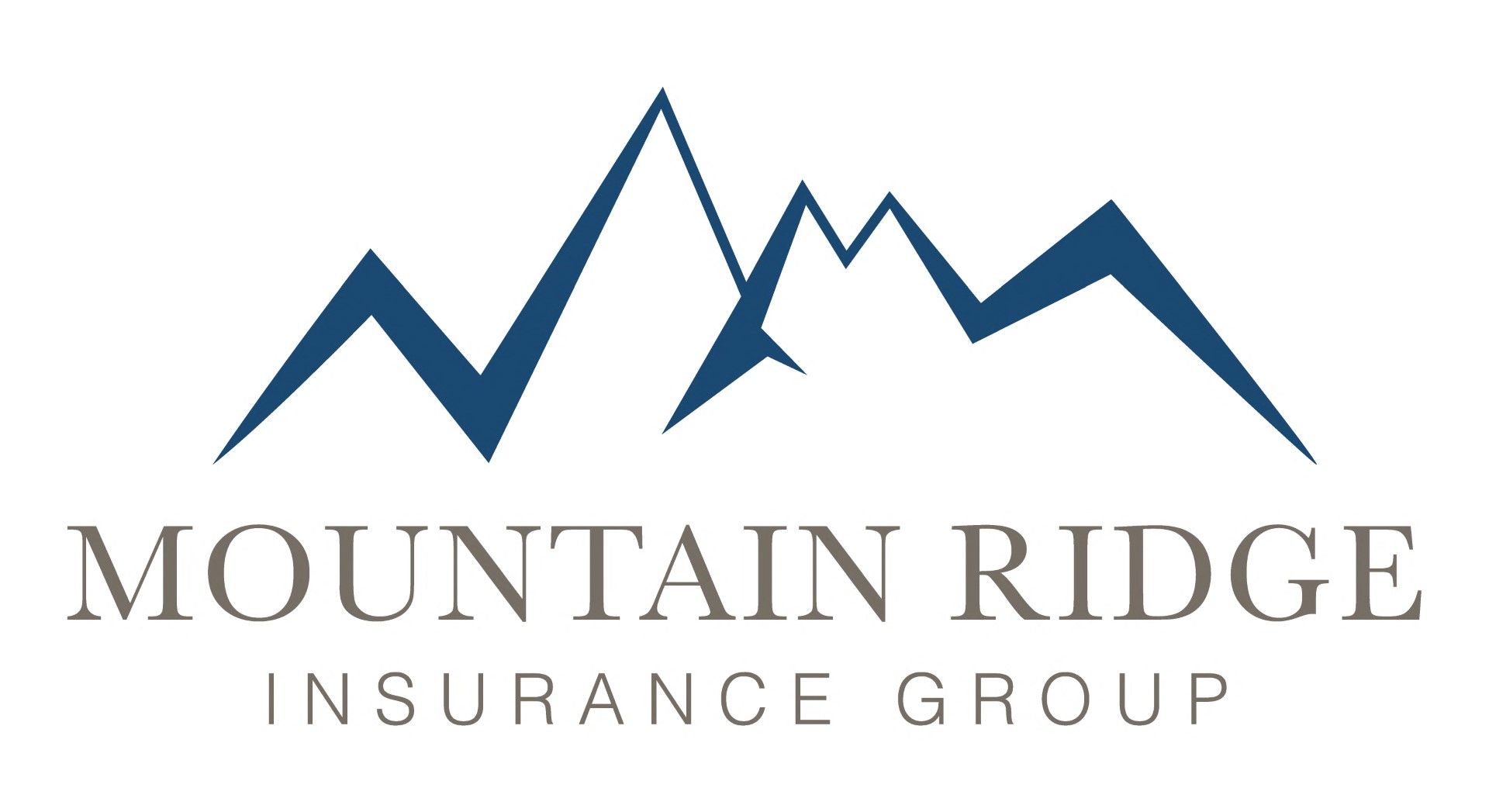The terms “Commercial insurance” and “Full coverage” are often used interchangeably, but do they truly represent the same level of protection?

While full coverage primarily pertains to personal insurance, commercial insurance offers comprehensive protection specifically tailored for businesses, safeguarding against property damage, theft, liability claims, and other unforeseen risks. Join us as we delve into the distinct features of these insurance options to help you make informed decisions and effectively safeguard your assets.
Differences Between Commercial Insurance and Full Coverage
One key aspect to consider when comparing commercial insurance and full coverage is the level of protection each offers. Commercial insurance is specifically designed to protect businesses from various risks, such as property damage, theft, and liability claims. It provides key benefits, including coverage for business assets, equipment, inventory, and even loss of income due to business interruption. On the other hand, full coverage refers to comprehensive insurance protection for personal vehicles, typically including liability, collision, and comprehensive coverage.

Policy exclusions are another important factor to consider. Commercial insurance policies often have specific exclusions tailored to the unique risks faced by businesses, such as professional errors and omissions or cyber liability. Full coverage policies for personal vehicles may also have exclusions, such as coverage for damage caused by intentional acts or racing.
Premium differences can vary significantly between commercial insurance and full coverage. Commercial insurance premiums are typically higher due to the increased risks and higher coverage limits associated with business operations. Full coverage premiums for personal vehicles are influenced by factors such as the insured’s driving history, vehicle type, and location.
Coverage limits are crucial to understand when comparing commercial insurance and full coverage. Commercial insurance policies often have higher coverage limits to protect businesses from potentially large losses. Full coverage policies for personal vehicles may have lower coverage limits, which may not fully protect against certain types of accidents or damages.
The application process for commercial insurance and full coverage can differ. Commercial insurance applications often require more detailed information about the business, including revenue, industry type, and claims history. Full coverage applications for personal vehicles typically focus on the driver’s information, vehicle details, and driving history.
Understanding Commercial Insurance Coverage
Commercial insurance coverage encompasses a comprehensive range of protections designed specifically for businesses to safeguard against various risks and liabilities. Understanding the key components of commercial insurance coverage is essential for businesses to adequately protect their assets and operations.

Key components of commercial insurance coverage include property insurance, liability insurance, and business interruption insurance. Property insurance provides coverage for damage or loss to physical assets such as buildings, equipment, and inventory. Liability insurance protects businesses against claims of bodily injury or property damage caused by their products or services. Business interruption insurance helps businesses recover lost income and cover ongoing expenses in the event of a disruption to their operations.
Policy exclusions are an important aspect of commercial insurance coverage. These are specific situations or circumstances that are not covered by the policy. It is crucial for businesses to carefully review policy exclusions to understand any potential gaps in coverage and consider additional coverage options if necessary.
Coverage limits determine the maximum amount that the insurance company will pay for a covered loss. It is important for businesses to assess their risk exposure and choose coverage limits that adequately protect their assets and operations.
Premium factors, such as the size of the business, industry, location, and claims history, can impact the cost of commercial insurance coverage. Businesses should work with an insurance agent or broker to understand the various premium factors and find the most cost-effective coverage options.
The claims process is another important aspect of commercial insurance coverage. In the event of a loss, businesses need to understand how to file a claim, what documentation is required, and the timeline for the claims process. Promptly reporting losses and providing accurate information can help expedite the claims process and ensure a fair settlement.
Full Coverage Vs. Commercial Insurance: What’s the Distinction

The distinction between full coverage and commercial insurance lies in the scope of protection provided to different types of assets and entities. Full coverage typically refers to a comprehensive insurance policy that offers a wide range of protection for personal assets such as homes, vehicles, and personal belongings. On the other hand, commercial insurance is specifically designed to protect businesses and their assets from various risks and liabilities.
Key features of full coverage insurance may include protection against property damage, theft, accidents, natural disasters, and personal liability. It usually offers multiple coverage options to cater to the specific needs of individuals and families. However, full coverage policies may have certain limitations and exclusions, such as high deductibles and restrictions on coverage for certain types of assets.
Commercial insurance, on the other hand, provides coverage for businesses and their operations. It includes protection against property damage, liability claims, workers’ compensation, and other risks specific to the industry. Commercial insurance offers coverage options tailored to the unique needs of different businesses, including but not limited to general liability, professional liability, and commercial property insurance.
The target audience for full coverage insurance is primarily individuals and families seeking comprehensive protection for their personal assets. Commercial insurance, on the other hand, is designed for businesses of all sizes and industries, including small businesses, contractors, manufacturers, and professional service providers.
When it comes to cost comparison, full coverage insurance premiums are typically based on factors such as the value of the insured assets, the coverage limits, deductibles, and the individual’s risk profile. Commercial insurance premiums, on the other hand, are influenced by factors such as the size of the business, the industry, the location, and the specific coverage needs.
Exploring the Similarities and Variances of Commercial Insurance and Full Coverage
Significantly, there are both similarities and variances between commercial insurance and full coverage in terms of their scope of protection and target audience. Both types of insurance aim to provide comprehensive coverage for individuals or businesses, protecting them against various risks and uncertainties. However, there are distinct differences that set them apart.
In terms of coverage, full coverage insurance typically includes protection for property damage, bodily injury liability, and collision or comprehensive coverage for vehicles. On the other hand, commercial insurance offers a wide range of coverage options, such as general liability, workers compensation, property insurance, and more, tailored specifically for businesses.
The cost of commercial insurance is influenced by several factors, including the size and nature of the business, the industry it operates in, the location, claims history, and the coverage limits and deductibles chosen. Full coverage insurance, on the other hand, may be influenced by factors such as the type of vehicle, driving record, location, and coverage limits.
Common exclusions in full coverage insurance policies may include intentional damage, racing, and using the vehicle for commercial purposes. Commercial insurance policies may have exclusions related to specific industries or high-risk activities.
When it comes to the claims process, both commercial insurance and full coverage insurance require policyholders to report the incident promptly and provide relevant documentation. However, the specific details and requirements may vary depending on the type of coverage and the insurance company.
Mountain Ridge Insurance handles a full spectrum of both Commercial Insurance policies and Full coverage. Contact us to find out what we can do for you!


Leave a Reply